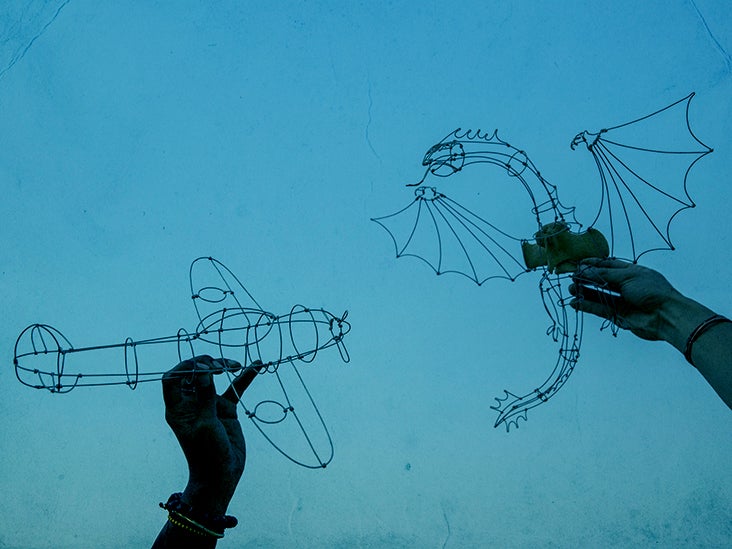GiveYourPaw
Yellow Belt
I'm new and I have a doubt wherever this post goes to health tips or beginner corner, so I'm sorry in advance if is the wrong category, is just seems to be more generic.
I did sparring (soft sparring) and I don't know why everytime I'm just stop the punch or change the direction of the punch (instead of aiming the face I aim wherever my partner face are not there), I keep asking to my Si-Hing, even he notice that something is wrong but is very hard to explain because I don't know why I am intentionally aim where the face are not there.
So I came up some suspicious things that maybe it's the responsable:
If you guys have my same experience and want to suggest something... and sorry for my mistakes but I'm Italian. xD
I did sparring (soft sparring) and I don't know why everytime I'm just stop the punch or change the direction of the punch (instead of aiming the face I aim wherever my partner face are not there), I keep asking to my Si-Hing, even he notice that something is wrong but is very hard to explain because I don't know why I am intentionally aim where the face are not there.
So I came up some suspicious things that maybe it's the responsable:
- Maybe because I was hitted so hard that I want to him get hurted, I know you guys will tell me "If he hit hard, the hit harder" but for me, very emotional and empathetic is very hard to do it;
- Maybe because hearing news about brawl and fights make me more demotivated and depressed, just yesterday I heard someone stabbing someone just 100 mt. away and now I'm scared even much;
- Maybe I'm doubting that everything that I learn I will be able to use it on the street if is necessary, that will be the hardest part, I don't know even to descalate even a simple confrontation...
If you guys have my same experience and want to suggest something... and sorry for my mistakes but I'm Italian. xD


